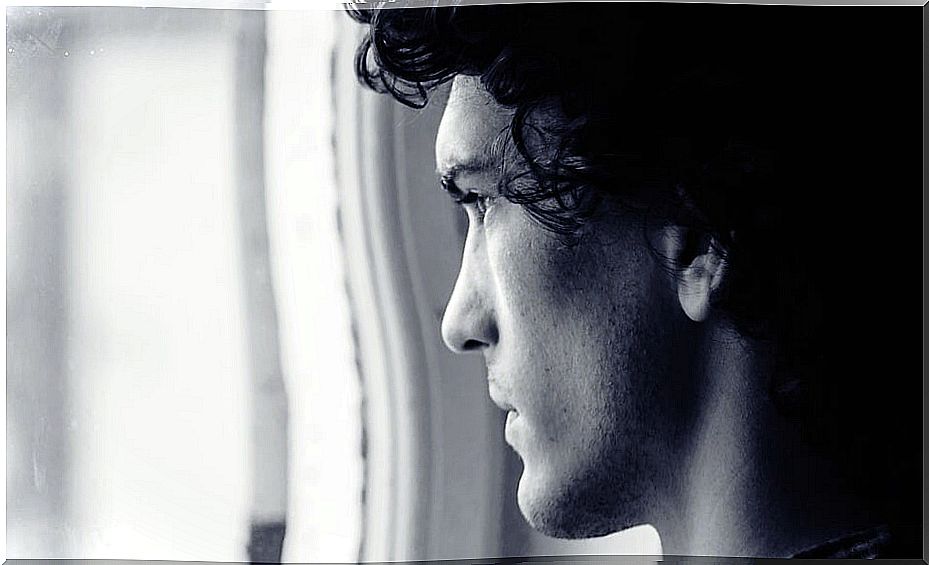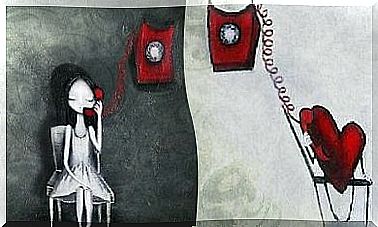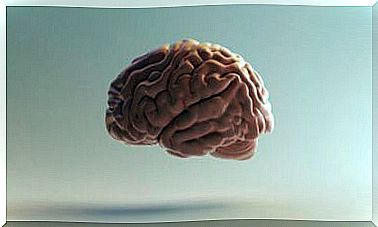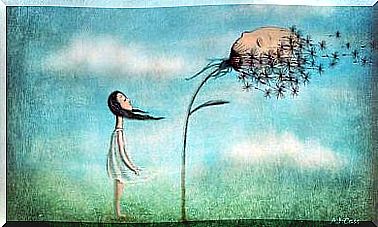Adult Children Of Controlling Mothers: Effects Of A Toxic Bond

A mother’s love is not always unconditional. Sometimes it carries implicit a quota of suffering, an endless number of conditions and conditions that mark and leave a mark. An example of this are undoubtedly the adult children of controlling mothers, people who, despite having reached maturity, carry the weight of this harmful and complex bond.
What about the children? What about men? This is one of the most recurring phrases whenever an article appears about narcissistic, manipulative or distant mothers. It is as if, somehow, the weight of our culture continues to place its gaze between mother-daughter relationships, leaving in the most absolute myopia that often painful bond that can be established between a son and his mother.
Perhaps, the shadow of theories, such as Freud with the Oedipus complex, has contributed to this, preferring to focus on the father and son bond, leaving for the world of cinema that more pathological vision between man and his mother. We only have to review many of Alfred Hitchcock’s films to get an idea of how the idea of the influence that a controlling mother can have on the life of a child has been treated.
Therefore, we need deeper work that provides us with a more realistic description of these situations that are covered by our society. We are talking about a problem that is difficult for the affected person to recognize. Somehow, the “straitjacket” associated with gender is still there, the code of implicit masculinity frequently plunges men into situations where they are hardly going to take the step to ask for help.

Adult children of controlling mothers: how does this bond affect their lives?
Often times, the adult children of controlling mothers live in a sphere of silence and continual contradictions. This is due, above all, to the aforementioned: to the weight of our culture and to that code of the child by which he is obliged to silence his emotions in order to appear strong. .. so as not to be a girl.
To hide what hurts and to react in the only way they are allowed, with anger. Thus, in a world where man continues to be paired with the ideal of freedom or independence, it is not easy to accept that the weight of a controlling, narcissistic and manipulative mother falls on him.
We could say here that these adult sons of controlling mothers share the same wounds with their daughters. At the end of the day, being raised and living with an emotionally unavailable person and with the classic “glow” of selfishness, complaint and the need for control, usually leaves the same consequences.
However, it must be said that this is not always the case. There are always inter-individual differences, it is clear, those that have more to do with one’s own personality than with gender. However, there is a pattern that can identify the sequelae that remain in adult men and not always in adult women. They would be the following.
The recurrent use of lies and denial
The child who has grown up under the influence of a controlling mother has not had time to build a strong, authentic identity of her own. Thus, a very recurrent survival mechanism of these men is the use of lies. At first he will do it so as not to disappoint his mother, to avoid guilt, but by making use of this resource as a child he will apply it in any area when he reaches adulthood.
The lie serves to protect himself, to hide his emotions, to satisfy his mother and to be able to survive with great difficulty in any context.
Marked emotional containment
The adult children of controlling mothers often live emotionally annulled by this influence. By suppressing that child’s emotional energy almost from the beginning to place her own as a priority, that child understands early on that showing feelings is not only shameful but dangerous.
In this way, the adult man who still lives under the influence of that controlling mother will continue to show a marked emotional containment, which in many cases can lead to different psychological disorders.

Hostility
A controlling mother always generates insecure attachment. A bond where the child has not been emotionally validated, and where very often they can show aggressive or hostile behaviors. This is a characteristic that usually makes a clear difference (on average) between the daughters of controlling mothers.
In this way, the man who has grown up with this dynamic can show oversized reactions to certain situations, where he loses control and reacts with anger. Their ability to handle emotions is usually nil or very poor.
Frustrated relationships and self-boycott
Controlling mothers consider their children to be their personal property. This toxic bond has serious implications on the child’s affective development, on his psychological maturation, on his independence, on his ability to make decisions … And an obvious consequence is the clear difficulty in establishing intimacy and an authentic emotional connection with an affective partner. .
Thus, it is common for that mother to not hesitate to deploy the most complex tricks to frustrate any attempt by the male child to have his own space, to build an independent and happy life with another person. They are engenders of neurosis, hence doubts always arise in the mind of the adult male, and that the boycott of oneself is almost constant to the point of frustrating any relationship.

To conclude, it is important to highlight an obvious aspect. Men are less likely to seek help and therefore go to therapy. Although inside they carry a good sack of suffering, their capacity for denial is immense. Thus, the adult children of controlling mothers are a population group that demands specific help and our responsibility as a society is to provide it.









